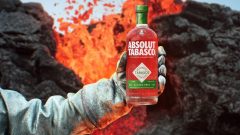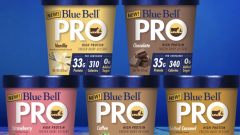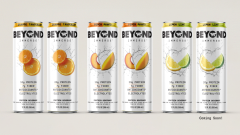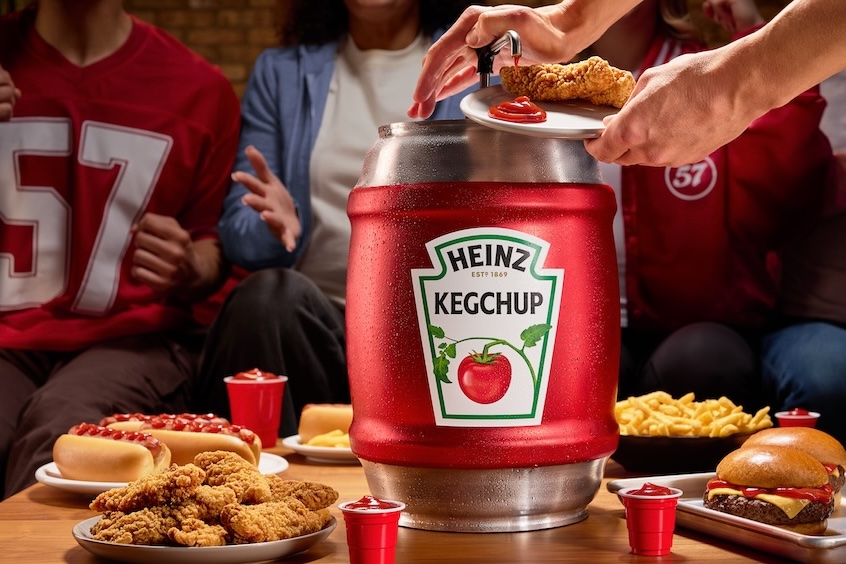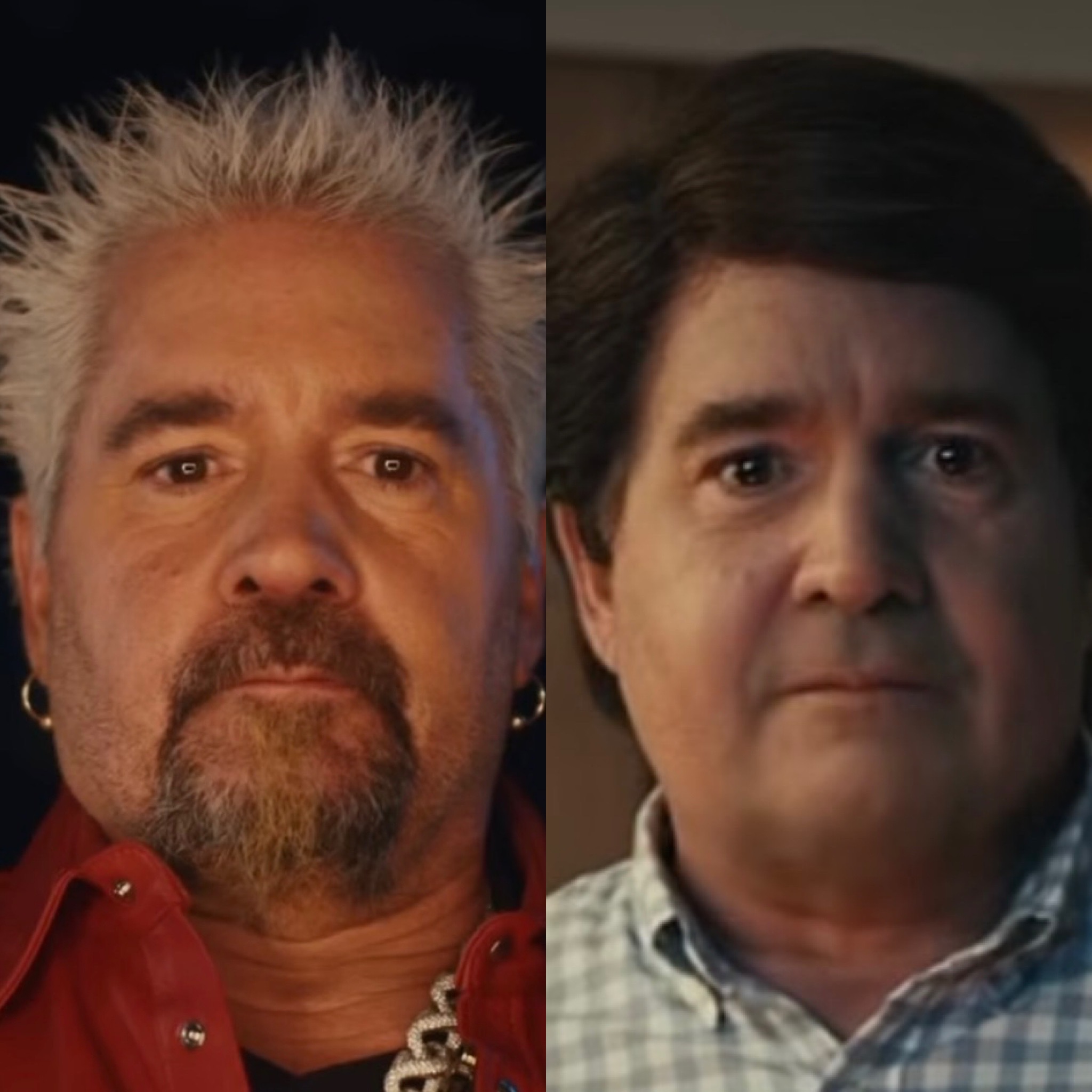Contrary To Reports, California’s New Food Additives Ban Won’t Affect Skittles
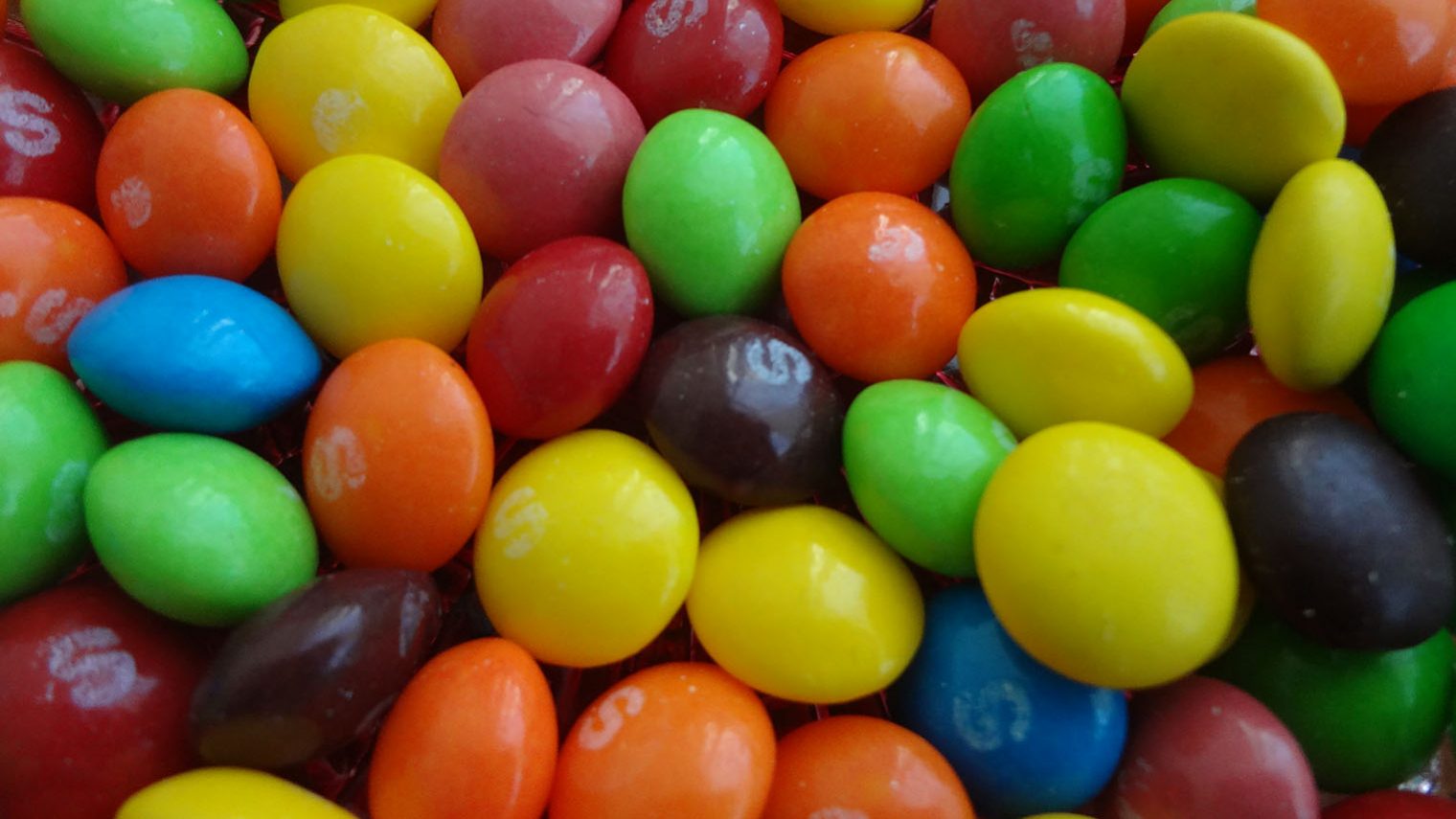
A bill was signed into California law last week that bans four chemical additives from being used in food products. The newly banned chemicals — red dye No. 3, potassium bromate, brominated vegetable oil, and propylparaben — are common snack ingredients. According to Forbes, brands like Peeps, Brach’s candy corn and Little Debbie Cosmic Brownies all use the newly banned chemicals.
Earlier reports suggested that Skittles would fall under the ban due to a previous version of the bill, which listed titanium dioxide, but the final bill excluded it. As a result, news outlets ran with the headline “Skittles Ban.” Thankfully, Californians will still be able to enjoy the popular candy. The bill also gives companies a grace period of five years to reformulate the ingredients, which means that had Skittles been included, it would have the same opportunity.

Titanium dioxide was actually banned last year in Europe, but interestingly enough, the ingredients used in Skittles there don’t contain the same chemicals as the ones sold here. California state Rep. Jesse Gabriel, who introduced the bill, had this to say in response to the alleged Skittles ban, “There’s a zero percent chance this is actually going to result in a ban of Skittles. All we want the companies to do is switch their recipes in the same way that they’ve done in Europe and Canada and the U.K. and Brazil and other countries that have banned these chemicals.”
The bill comes on the heels of the FDA’s recent redefinition of what’s considered healthy. Although the U.S. is behind other countries, the FDA’s changes and California’s decision to ban certain chemicals is a move in the right direction. Studies have found that red dye No. 3 is linked to thyroid cancer in animals. It was actually banned in 1990 for use in cosmetics, yet oddly, not for food.

Also potentially harmful, brominated vegetable oil is known to damage skin membranes and cause memory loss when consumed in large enough quantities. There are studies that suggest propylparaben lowers fertility — one study found that the chemical actually reduced the sperm count in rats. To be fair, there have been studies with conflicting results as well. The last chemical, potassium bromate, is known to have carcinogenic effects on animals.
According to an Environmental Working Group report, there are 12,000 food products in California that will be affected by the new law.


